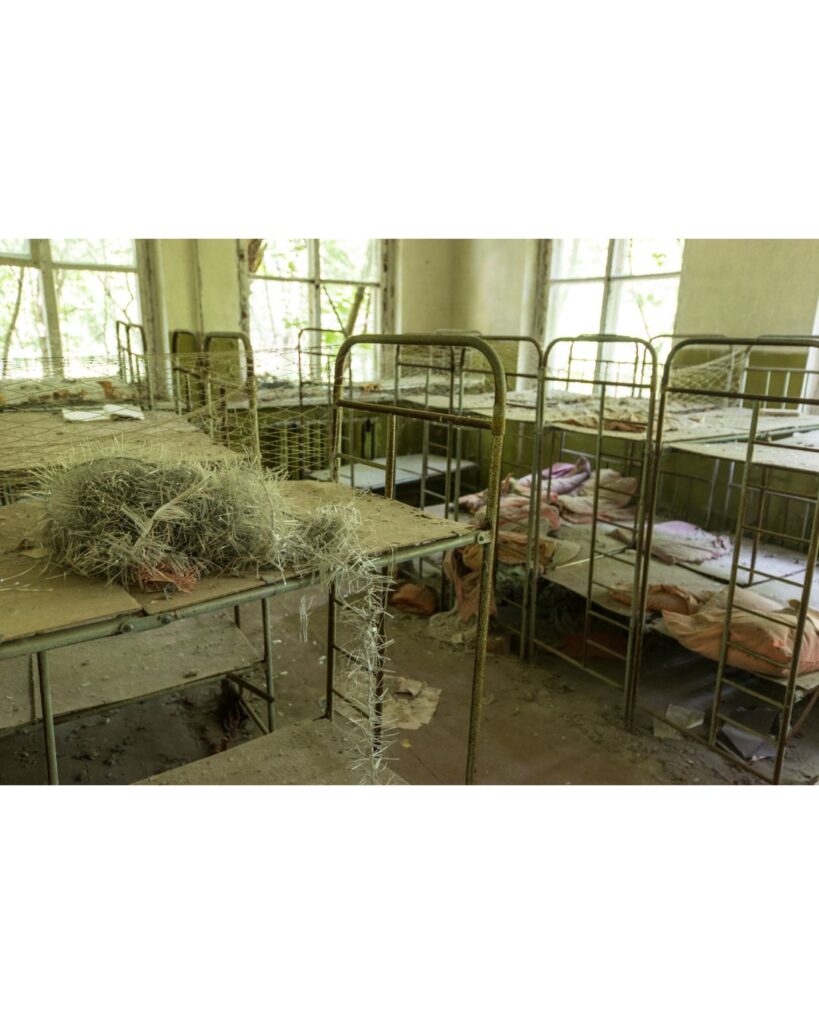I spent six years in a Nigerian boarding school, and those years marked me in ways I’m still unpacking decades later. Some lessons were immediate, others didn’t bloom until much later in life. What I’m about to share is one of the most painful experiences of my teenage years, but it shaped how I engage with healthcare to this very day.
Life in the Sick Bay
In our school, if you fell sick, you went to the sick bay. The nurses were always on duty, but treatments were mostly guesswork. Almost everyone got the same standard medication:
- Paracetamol
- Folic acid
- A tiny black multivitamin with a sweet coating
- Occasionally, ampicillin
- If you were constipated, Mist mag, a chalky white liquid served in a small plastic cup, it didn’t taste good!
- And for fevers, you were given the cheapest antimalarial available—chloroquine, Fansidar, or Maloxin. I was allergic to chloroquine, the thing made me scratch up all my skin.
There was no lab. No blood tests. The nurses treated blindly, based on symptoms and routine assumptions. If your condition didn’t improve after a week, or you looked visibly worse, your file would be reviewed by a doctor who visited once a week. She might put you on a drip, send you out for labs or, in rare cases, approve a gate pass to send you home.
If you had a chronic illness like asthma, it was on you to bring your meds from home and inform the clinic. Looking back, it’s shocking how casual the system was about something as serious as health.
The Loss That Woke Me Up
I had a friend, let’s call her Joy, who was sick for weeks. The clinic kept rotating her malaria medication and delaying her return home. By the time they finally sent word to her parents, it was too late.
This was the ’90s, before cell phones, so sending a message home could take days. She finally made it to her family in Enugu, and it was only then that they realized it wasn’t malaria at all. It was hepatitis. She was already jaundiced. She died shortly after.
I was numb. I felt like I was walking through water. It just didn’t seem real. Joy and I had only just reconciled after a silly teenage malice, something a senior girl had forced us to squash while kneeling as punishment. At the time, it felt humiliating. But now, I’m eternally grateful that we made peace before she passed.
She lived two streets away from me in Enugu. I visited her compound on Peter Okoye Street, twice, but I couldn’t bring myself to go in. I didn’t know what to say to her mother. That was 1999, and I remember it like yesterday.
A New Way of Living
That single incident changed everything about how I approach healthcare.
- No doctor prescribes anything to me without proper explanation or necessary tests.
- I got the Hepatitis vaccine immediately.
- I began taking a personalized medicine pack to school.
If I ever felt unwell, I’d ask a day student to take a note home. Either my Dede Philo or Aunt Tessy would come to get me on a gate pass. It was easier for Aunt Tessy to remove me from school because she was a doctor living in Owerri, the nurses couldn’t contest her experience. Both times I did this, the hospital confirmed malaria parasites (+++). It wasn’t just in my head, I was learning to trust my body.
Since then, I:
- Document all my test results
- Track medications and how they affect me
- Research symptoms before appointments
- Always seek second opinions when needed
These habits have saved me time, energy, and in some cases, serious complications—especially during my IVF journeys and while managing PCOS.
Why You Need to Be Your Own Advocate
I often tell my clients and friends: Pay attention. I get genuinely frustrated when someone doesn’t know the names of their medications, test results, or basic medical history—especially in critical situations like IVF. You have to know your body. You have to ask questions. You have to be present.
If you have elderly parents, please accompany them to their doctor’s appointments when you can. Take notes. Ask questions. Understand their medications. These small acts can prevent errors and protect them from exploitation.
Also, please be cautious with supplements. Some interact dangerously with prescription meds. A friend of mine recently had a hypertensive crisis and was rushed by ambulance—all because of an “all-natural” herbal supplement a friend recommended.
Knowledge is power, but more importantly—it is protection.
In Loving Memory
To my dear friend Joy, your story is the reason I speak up. You didn’t die in vain. Because of you, I’ve helped many others advocate for themselves and take their health seriously.
May your soul continue to rest in peace.
Have you had a similar experience that changed the way you see healthcare? I’d love to hear your story in the comments below.
Let’s keep encouraging each other to ask questions, document our journeys, and protect those we love.






